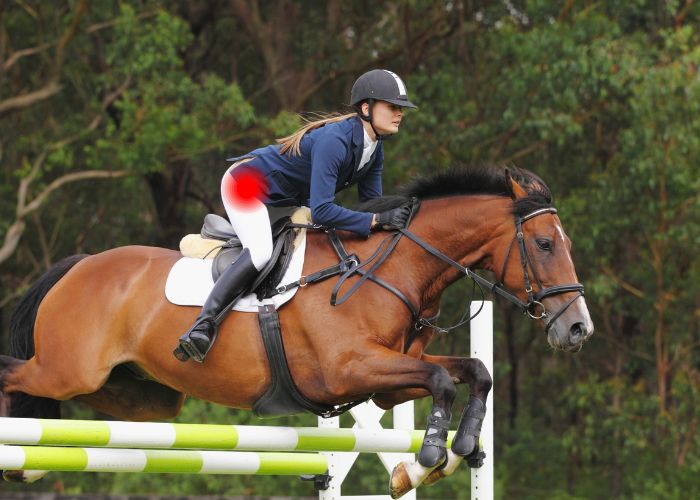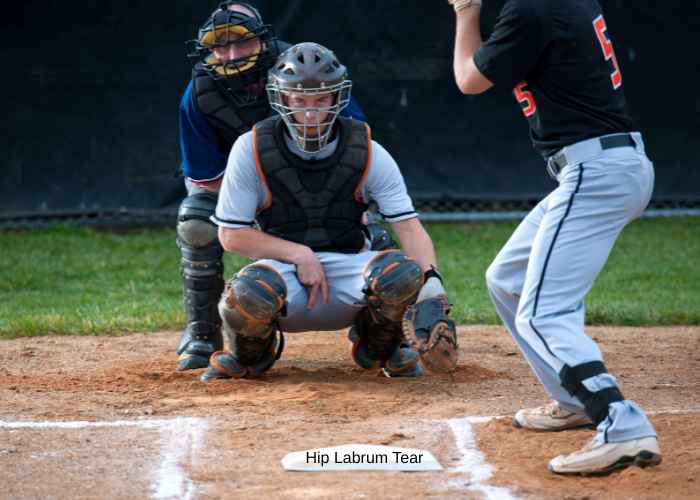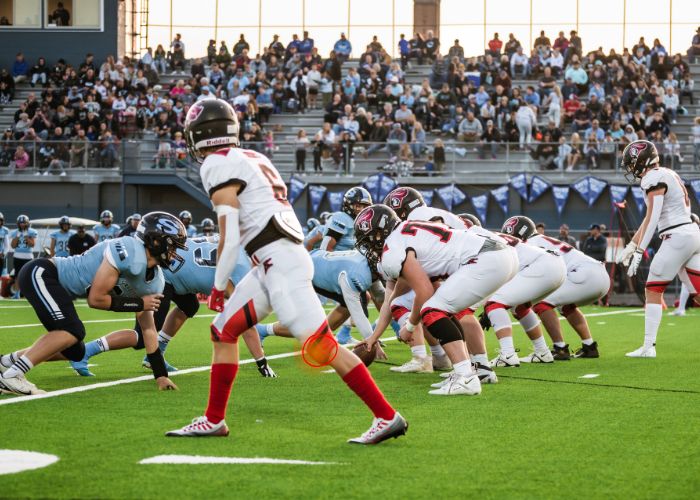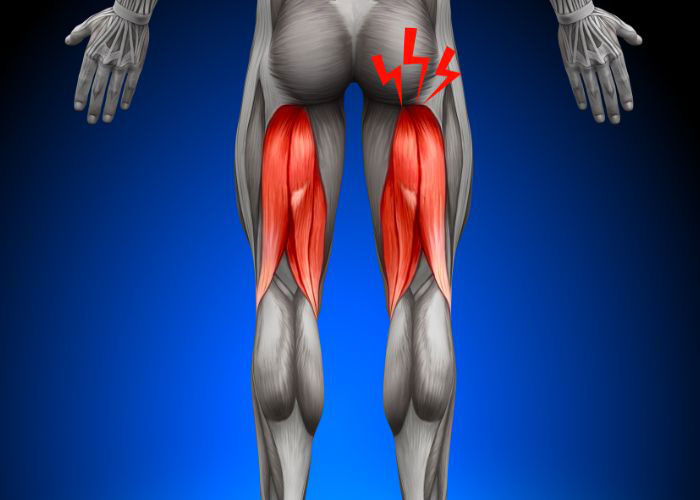MACI Articular Cartilage Regeneration Surgeon
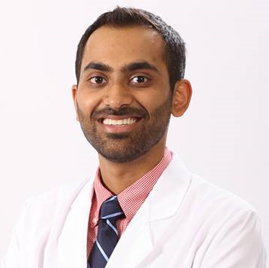
If you have been diagnosed with an articular cartilage injury or degeneration, you may qualify for MACI (Matrix-induced autologous chondrocyte implantation) which uses the body’s own regenerative properties to regrow the cartilage. Dr. Ronak Mukesh Patel, provides diagnosis and both surgical and nonsurgical treatment options for patients in Sugar Land, Pearland, and the Houston, Texas area who have damaged articular cartilage in the knee. Contact Dr. Patel’s team today!
What is MACI?
Matrix-induced autologous chondrocyte implantation or MACI is a surgical procedure which utilizes a patient’s own cells to regenerate or regrow new articular cartilage in the knee. MACI is used for the repair of single or multiple, full-thickness cartilage defects that are causing painful symptoms. MACI is appropriate for cartilage tears that do not involve bone loss or degeneration and is the first the first FDA-approved product of its kind. MACI applies the process of tissue engineering to grow cells on scaffolds using healthy cartilage tissue from the patient’s own knee. MACI is a 2-step process:
- Step One: a minimally-invasive arthroscopic procedure takes a sample of cartilage from the knee called chondrocytes. The tic-tac size sample is then sent to a laboratory and allowed a period of time to grow which is a minimum of 4-6 weeks.
- Step Two: Dr. Patel takes the small sample which is embedded on a special collagen membrane. It is then implanted into the damaged area of the knee cartilage and is shaped to perfectly fill the area. The implant stimulates the regeneration of the cartilage, bringing back the flexibility and eliminating knee pain using the patients own cartilage cells.

MACI Before
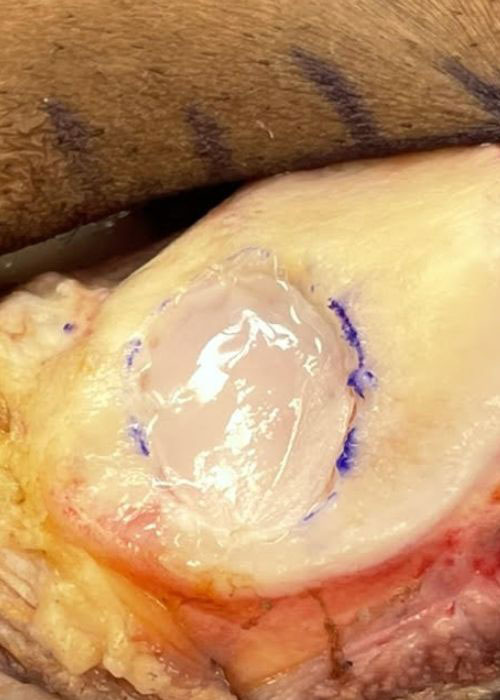
MACI After
What is articular cartilage in the knee?
Articular cartilage in the knee is the shiny, slick substance that covers the ends of the bones in the knee. Often compared to the cartilage at the end of a chicken bone, the articular cartilage allows the bones to glide against each other smoothly and without pain. Often, due to wear and tear or injury, the articular cartilage can become damaged or worn away. Cartilage does not have a blood supply, so it cannot repair itself. If the articular cartilage continues to wear away more diffusely, a painful bone-on-bone condition can occur, which results in osteoarthritis. MACI uses the body’s own healing ability to restore the cartilage naturally. Dr. Ronak Mukesh Patel, orthopedic knee surgeon, offers MACI to qualifying patients in Sugar Land, Pearland, and the Houston, Texas area.
Would I benefit from MACI?
Matrix-induced autologous chondrocyte implantation (MACI) is a robust method to treat isolate cartilage injuries or defects in the right patient. MACI, however, is not right for every patient and only select patients will benefit from the implantation. Patients who are the best candidates for MACI include:
- Patients who have symptoms of painful articular cartilage damage in the knee.
- Those who are experiencing patellar instability with accompanying cartilage damage in their patellofemoral joint.
- Patients who have cartilage damage in the tibiofemoral region of the knee.
- Those who are between the ages of 18 and 55
- Those who are willing and able to complete a very specific rehabilitation program following surgery as outlined by Dr. Patel.
How long is the recovery following MACI surgery?
MACI is a two-step procedure and there are two recoveries for each step:
- After the biopsy is taken in step 1, the patient may return home the same day. Weight bearing activity is as tolerated and most patients return to work within a few days.
- Following step 2, after the placement of the MACI implant, the patient can go home the same day. Most patients can expect:
- Knee brace, which should be worn for 6-8 weeks, or when Dr. Patel has advised to remove it.
- Weight bearing limitations will be based on the location of the cartilage repair but expected to be full weight bearing between 2-6 weeks post-operatively.
- A CPM (continuous passive motion) device will be used in the first weeks after surgery to maintain range of motion, prevent scar tissue and encourage cartilage growth.
- Physical therapy begins within 1-2 weeks post-operatively and will need to be followed exactly as prescribed.
- Return to work depends on the type of job demands.
- Depending on the tissue growth and rehabilitation, patients often return to high impact activities and unrestricted sports at 9 months to 1-year after implantation.
Will my insurance pay for MACI?
MACI is FDA approved and most insurance companies are covering MACI. However, every insurance policy is different, and each patient’s specific cartilage damage and personal history are unique. It is best to talk with your insurance if you are a candidate for MACI and pre-approval is required. MACI offers case-management to assist patients in the approval process and they can work with your insurance and Dr. Patel’s team for prior approval.
Does MACI work?
It’s important to talk with Dr. Patel to see if you are a good candidate for the MACI procedure. Most patients who are selected by Dr. Patel and underwent matrix-induced autologous chondrocyte implants have experienced significant improvement in knee pain and function. The articular cartilage grows back in the damaged area and patients are often able to return to work and sporting activities.
